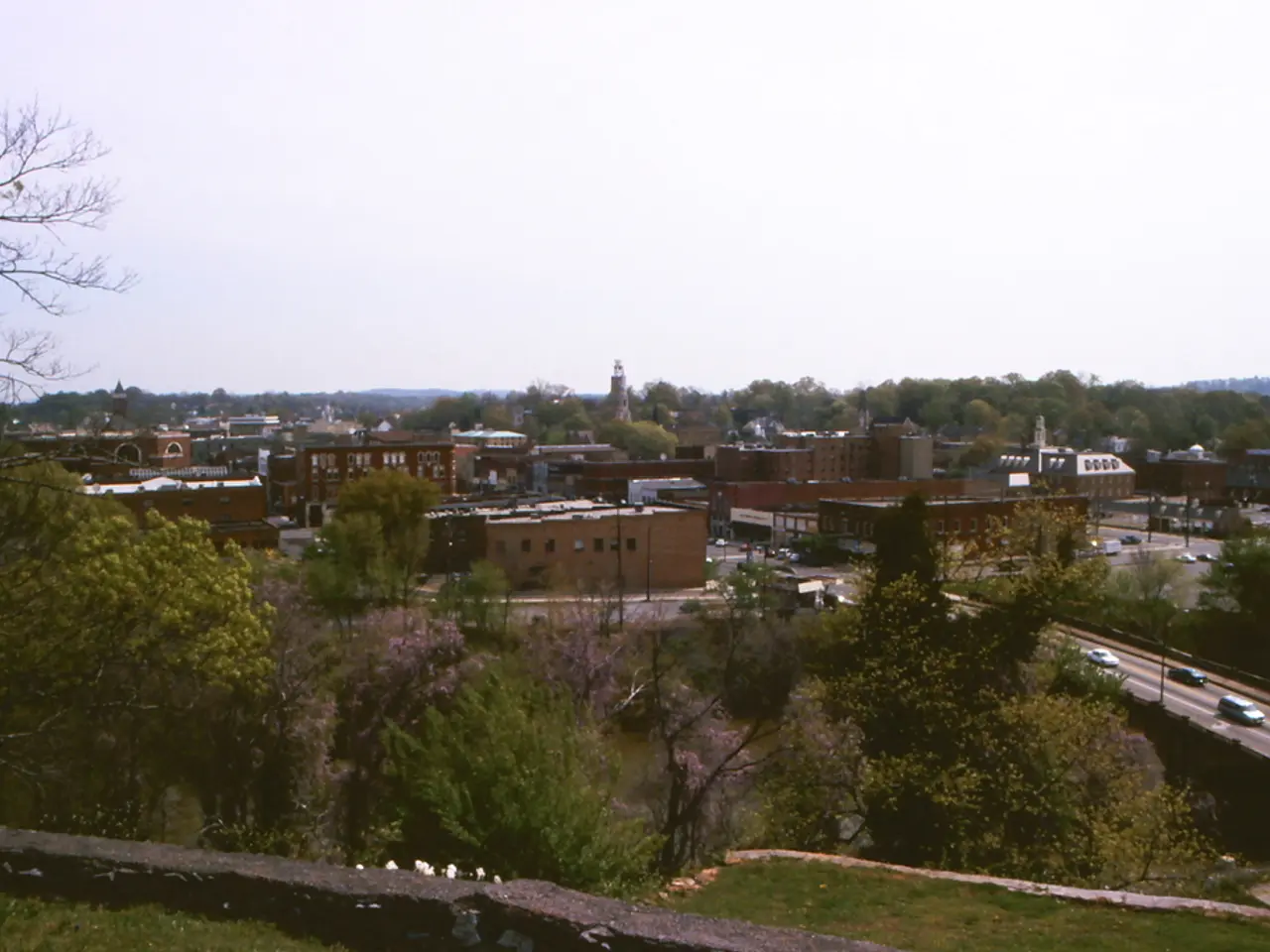Los Angeles supports a $2.6 billion expansion of the Convention Center, despite significant concerns voiced over financial implications.
Los Angeles Convention Center Expansion: A Controversial Project with Financial Risks
The Los Angeles City Council has approved a $2.7 billion expansion of the Los Angeles Convention Center, a move that has sparked both support and criticism from local community groups, city officials, and labor unions.
The project, expected to create around 13,000 construction jobs and 2,150 permanent jobs, is seen by some as a vital step towards helping downtown L.A. recover from the pandemic and attracting national events such as the 2028 Olympic Games. However, others argue that the cost is too high for a city currently facing a budget crisis.
The expansion project includes a new wing built directly over Pico Boulevard, making it "extraordinarily complicated and extraordinarily costly." This complex construction could potentially drain more than $100 million annually from the city's general fund.
City Controller Kenneth Mejia has expressed concerns, stating that the project won't generate positive income for the city budget until the late 2050s. Councilmember Katy Yaroslavsky has called the project unaffordable and unrealistic, fearing it could lead to a reduction in city services.
Eunisses Hernandez, initially advocating for a less expensive alternative plan, later shifted her position to support the expansion. She has expressed frustration with the quality of city services and stated she will work on finding additional funding to pay for them, saying "We can't keep funding this on the backs of our constituents."
The project's first phase may not be finished in time for the 2028 Olympic and Paralympic Games, potentially leaving the city vulnerable to financial penalties. Councilmember Bob Blumenfield remains concerned about this timeline, stating that the delay could lead to financial risks for the city.
The financing for the expansion will be overseen and controlled by the Los Angeles City Council and relevant city financial authorities. Despite the financial risks, Southern California's construction trade unions have pressured council members to support the project, citing the job creation it will bring.
On the other hand, opponents of the project argue that it is too expensive and could strain the city's already tight budget. A proposed ballot measure could force a citywide vote on L.A. 2028 Olympic venues, potentially adding another layer of uncertainty to the project's future.
City budget analysts have warned about the project's financial risks, with the cost of expanding the facility increasing yet again to $2.7 billion. The project is expected to cost taxpayers an average of $89 million annually over 30 years.
Construction is expected to begin almost right away, with demolition work starting next month. As the city moves forward with this controversial project, the debate over its financial implications and potential benefits continues.
Read also:
- United States tariffs pose a threat to India, necessitating the recruitment of adept negotiators or strategists, similar to those who had influenced Trump's decisions.
- Weekly happenings in the German Federal Parliament (Bundestag)
- Southwest region's most popular posts, accompanied by an inquiry:
- Discussion between Putin and Trump in Alaska could potentially overshadow Ukraine's concerns








